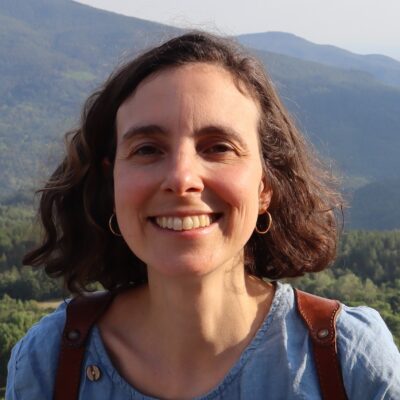Digital Latin Dialectology (DiLaDi): Tracing Linguistic Variation in the Light of Ancient and Early Medieval Sources
Financer institution: European Research Council, ERC
Principal investigator: Béla Adamik
DiLaDi is an interdisciplinary project that aims to perform a comprehensive and innovative study on the variation of the Latin Language throughout the 1st millennium A.D., considering the geographical and chronological perspectives as well as the transition from Latin to Romance by processing and analyzing textual errors (deviations from the norm) found in ancient and early medieval primary documents with the help of the Computerized Historical Linguistic Database of Latin Inscriptions of the Imperial Age (LLDB), employing a revolutionary method of data analysis. DiLaDi aims to provide a breakthrough impetus to relevant research by involving a group of sources that have thus far received inadequate attention: original parchment charters of private law primarily from the 7th-8th centuries. These charters are abundant in number and contain valuable data reflecting linguistic changes. Their inclusion in the research could yield further insights into the history and dialectology of late Latin, supplementing the existing Database that has primarily relied on inscriptions. The project is carried out in collaboration with the Department of Humanities of Ca’Foscari University of Venice. As a result, this research will allow for a better understanding of the processes that led to the development of Romance languages and determined the linguistic, ethnic, and even cultural features of medieval and modern Europe.
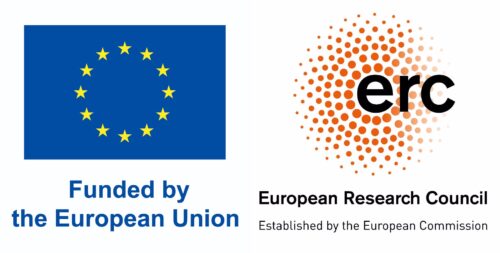
External advisers
Prof. Dr. Rosanna Sornicola, Academia Europaea
Prof. Dr. Paolo Greco, Università di Napoli Federico II.
Prof. Dr. Maria Selig, University of Regensburg
Prof. Dr. Ádám Szabó, Hungarian National Museum – University of Public Service Budapest
Participating researchers


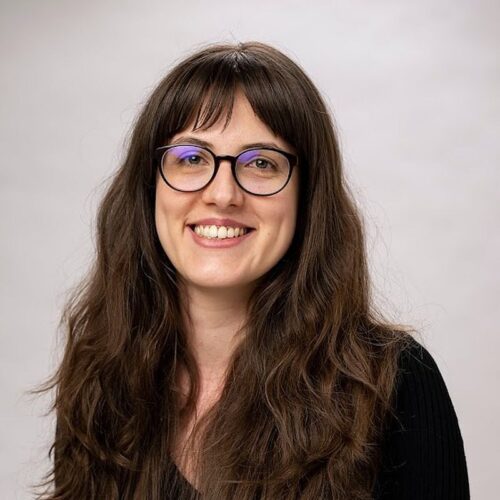
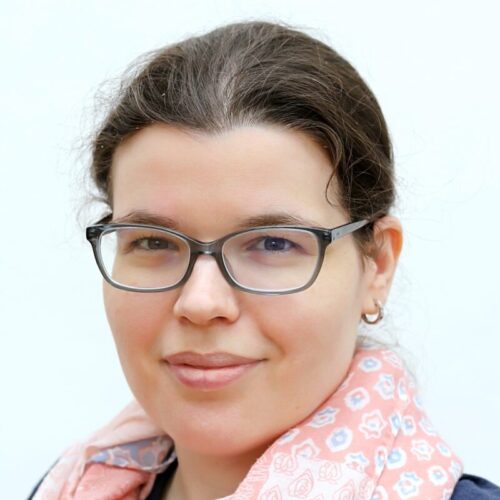
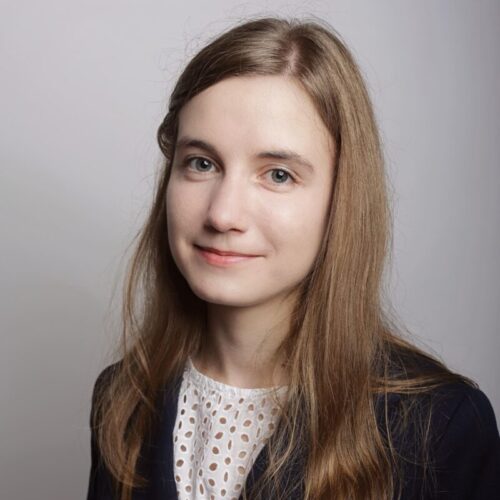
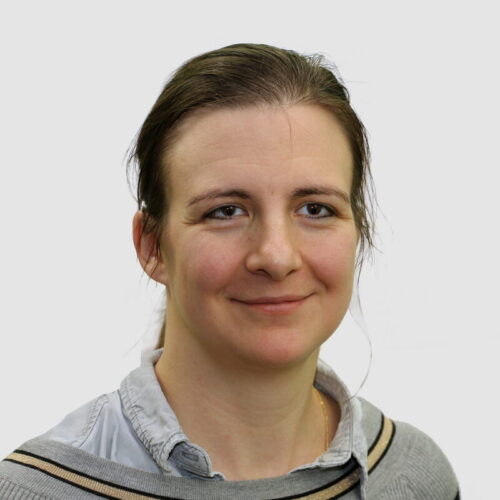



Serena BARCHI



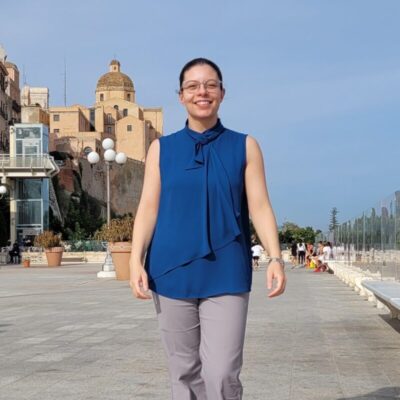
Lucia TAMPONI
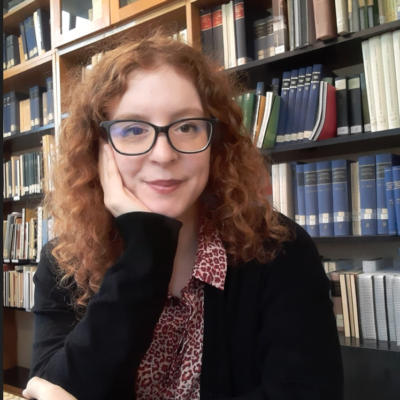
Silvia TANTIMONACO

Tünde VÁGÁSI
